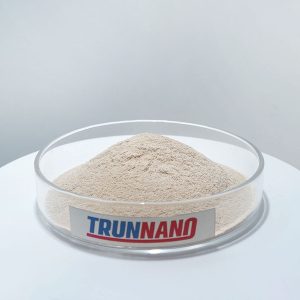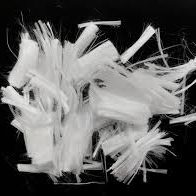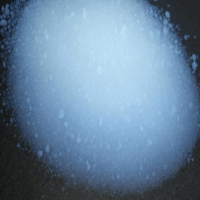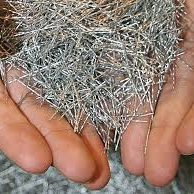Professional solutions on concrete addtives, Concrete Foaming Agent, Superplasticizer, CLC Blocks Additives, and foaming machine
The construction field around the world is taking on a serene makeover, driven by items that promise durability, sustainability, and cost-effectiveness. Among these, polyvinyl alcohol fiber (PVA fiber) protrudes as a game-changer. Unlike conventional support items, PVA fiber supplies unmatched adaptability and tensile endurance, making it suitable for modern facilities projects. As urbanization speeds up, the need for PVA fiber concrete has risen, mixing development with functionality. This product isn’t simply a pattern– it’s an essential solution for developers seeking resistant, resilient frameworks.
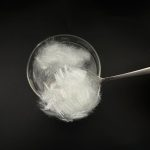
PVA Fibers
In areas prone to quakes or severe weather condition, the function of pva fiber enhanced concrete ends up being much more important. By installing high-toughness PVA fiber into concrete mixes, programmers can alleviate cracks and enhance architectural honesty. For example, a current job in Southeast Asia utilized PVA fiber-strengthened concrete to create a highway bridge, decreasing maintenance prices by 40% over five years. Such success stories highlight the material’s capability to adjust to extreme atmospheres while preserving performance.
Vendors in the building and construction products industry are currently reconsidering their product portfolios to include polyvinyl alcohol fiber. The change appears in emerging markets, where federal governments prioritize a framework that balances cost with resilience. A 2023 report by the International Structure Materials Organization noted a 22% yearly growth rate in PVA fiber production, driven by its compatibility with eco-friendly building methods. This growth underscores the product’s possible to resolve international challenges like source scarcity and environment modification.
The science behind PVA fiber concrete hinges on its molecular framework. PVA fibers, synthesized from polyvinyl alcohol, form microstructures within concrete that distribute stress evenly. This system prevents devastating failures, a function that establishes high toughness PVA fiber apart from steel or artificial options. As an example, a contrast research published in Construction and Structure Products exposed that PVA fiber reinforced concrete showed 30% greater flexural toughness than conventional blends under the same conditions. Such data strengthens the product’s credibility amongst engineers and engineers.
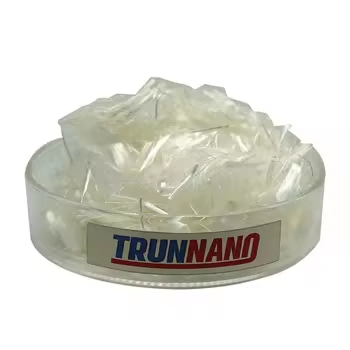
PVA fiber
Beyond technical benefits, polyvinyl alcohol fiber aligns with worldwide sustainability objectives. Unlike steel, which needs energy-intensive manufacturing, PVA fibers are manufactured utilizing procedures that decrease carbon footprints. In Europe, where green structure certifications are compulsory, PVA fiber concrete is currently a staple in LEED-certified jobs. One programmer in Germany reported reducing CO2 emissions by 18% by changing 10% of steel support with high-toughness PVA fiber in a commercial building. These results set PVA fiber as a cornerstone of the round economic situation.
The adaptability of PVA fiber-reinforced concrete extends to specialized applications. In marine environments, where deterioration is a consistent hazard, the product’s resistance to saltwater destruction makes it important. A seaside tank farming center in South Korea changed traditional concrete with PVA fiber concrete, prolonging the life expectancy of its structures by over 15 years. Similarly, in arid regions, the material’s capability to retain wetness throughout curing minimizes the need for excessive water use– an essential benefit in water-scarce areas.
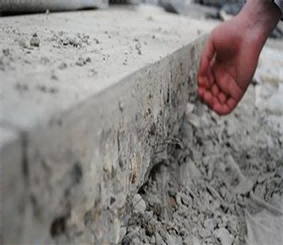
PVA fiber-reinforced concrete used in arid regions
For suppliers, recognizing the subtleties of high-stamina PVA fiber is essential to fulfilling advancing client demands. While the base material uses adaptability, variations in fiber size, density, and surface therapy can customize performance to particular tasks. A distributor in Dubai recently customized a PVA fiber concrete blend for a high-rise building, maximizing fiber alignment to hold up against wind tons in a desert environment. Such studies show the relevance of technological knowledge in providing tailored options.
The financial implications of taking on polyvinyl alcohol fiber are similarly engaging. Although the first expense of PVA fiber-strengthened concrete may exceed typical blends, lifecycle cost savings are substantial. A cost-benefit evaluation by the American Concrete Institute found that structures using high-strength PVA fiber needed 25% fewer repair services over three decades compared to steel-reinforced counterparts. These financial savings are especially appealing to districts and private financiers looking for long-lasting ROI.
Recent improvements in PVA fiber concrete innovation are further increasing its allure. Scientists at MIT have actually developed a hybrid formula integrating high-toughness PVA fiber with recycled accumulations, developing a material that is both sturdy and environmentally friendly. Meanwhile, 3D printing companies are exploring PVA fiber-reinforced concrete as a medium, making it possible for complicated architectural layouts previously considered impossible. These advancements signal a future where PVA fiber isn’t just a niche item but a mainstream requirement.
In the realm of clever cities, polyvinyl alcohol fiber is playing an essential role. Its compatibility with sensors and keeping an eye on systems allows real-time data collection on architectural health. A pilot job in Singapore integrated PVA fiber concrete with IoT-enabled strain determines, enabling designers to detect micro-cracks before they escalate. This proactive approach to upkeep is changing exactly how the framework is handled, reducing downtime and boosting public safety.
For vendors aiming to record market share, staying ahead of governing adjustments is necessary. Numerous countries are changing building codes to prefer materials that improve power efficiency and reduce waste. In Japan, new guidelines mandate the use of PVA fiber-enhanced concrete in public facilities tasks, citing its seismic longevity. Such plan changes create opportunities for forward-thinking distributors that can reveal conformity and improvement.
The increase of high-strength PVA fiber, in addition, converges with the global push for renewable energies. Wind generator frameworks, for instance, need products that can sustain intermittent tension from turning blades. A leading maker in Denmark currently uses PVA fiber concrete for wind turbine bases, reporting a 35% decrease in foundation failings. This application highlights the product’s versatility in diverse sectors beyond common building.
As the world grapples with aging facilities, polyvinyl alcohol fiber provides a lifeline. In the USA, a $2 trillion facilities bill includes arrangements for retrofitting bridges and roads with pva fiber reinforced concrete. Early adopters, such as a state transportation department in Texas, have already seen quantifiable renovations in roadway durability after applying the product to high-traffic freeways. These real-world outcomes are sustaining wider acceptance across the market.
For businesses, the message is clear: incorporating high-toughness PVA fiber right into product lines isn’t just a critical action– it’s a commitment to the future. Whether with direct sales, collaborations with construction companies, or R&D partnerships, vendors that welcome this material will place themselves as leaders in a quickly evolving market. The vital hinge on balancing technical knowledge with an understanding of customer needs, ensuring that PVA fiber concrete becomes associated with top quality and integrity.
Supplier
Cabr-Concrete is a supplier under TRUNNANO of Concrete Admixture with over 12 years of experience in nano-building energy conservation and nanotechnology development. It accepts payment via Credit Card, T/T, West Union and Paypal. TRUNNANO will ship the goods to customers overseas through FedEx, DHL, by air, or by sea. If you are looking for pva fiber, please feel free to contact us and send an inquiry. (sales@cabr-concrete.com)
Tags: polyvinyl alcohol fiber,pva fiber concrete,pva fiber reinforced concrete,high strength pva fiber


